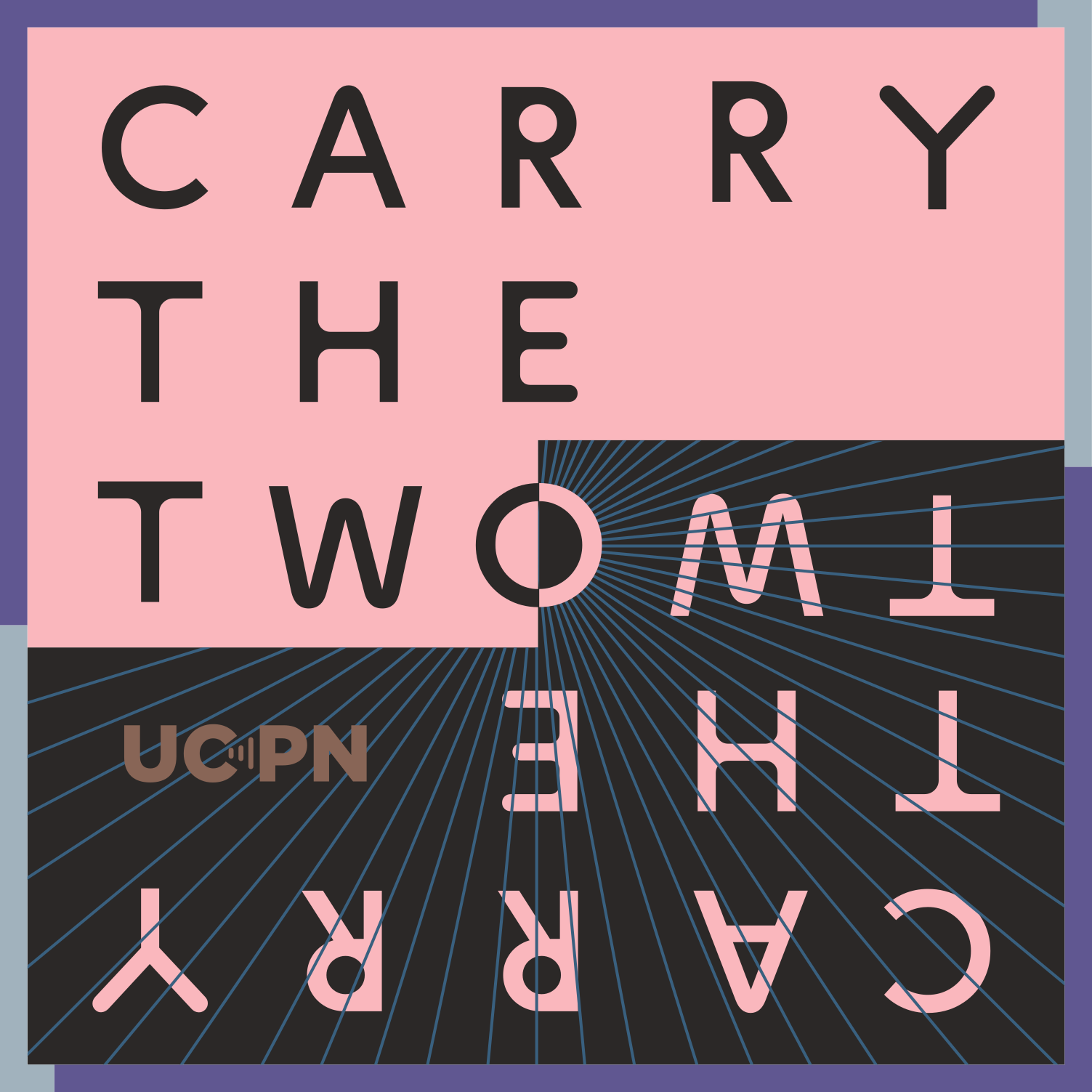Matt Huber on Modeling Paleoclimates
Description
Today we speak with a non-mathematician who uses mathematical tools to understand our planet’s past climates and what they might be able to tell us about our future. Matt Huber, from Purdue University, tells us how the paleoclimate had sudden, rapid shifts in the climate that our current climate models aren’t good at predicting. So, if we’re on the precipice of another rapid shift, we might need to start employing different models.
And don’t forget to listen to Matt’s work through a geophysical lens, over at Third Pod from the Sun!
Check out the AGU’s Third Pod from the Sun with Matt: LINK
Find our transcript here: LINK
Curious to learn more? Check out these additional links:
Hear Matt’s talk for IMSI’s Confronting Global Climate Change: https://www.imsi.institute/videos/the-dynamics-and-impacts-of-moist-heat-stress/
Younger Dryas event in Day After Tomorrow: https://www.bostonglobe.com/2020/02/25/metro/researchers-say-ancient-day-after-tomorrow-scenario-could-have-been-caused-by-melting-icebergs/
What is paleoclimatology: https://education.nationalgeographic.org/resource/paleoclimatology-RL/
Follow more of IMSI’s work: www.IMSI.institute, (twitter) @IMSI_institute, (mastodon) https://sciencemastodon.com/@IMSI, (instagram) IMSI.institute
Follow Matt Huber: https://www.eaps.purdue.edu/people/profile/huberm.html
This episode was audio engineered by Tyler Damme. Special thanks to Third Pod’s producer Jessica Buser.
Music by Blue Dot Sessions.
The Institute for Mathematical and Statistical Innovation (IMSI) is funded by NSF grant DMS-1929348.
More Episodes
We in the United States are deep in the middle of a major national election, and over half of the world’s population also have elections in 2024. This is why Carry the Two is going to focus on the intersection of mathematics and democracy for our new season.
In this, the sixth and final...
Published 10/31/24
Published 10/31/24
We in the United States are deep in the middle of a major national election, and over half of the world’s population also have elections in 2024. This is why Carry the Two is going to focus on the intersection of mathematics and democracy for our new season.
In this episode, the fifth episode...
Published 10/23/24


